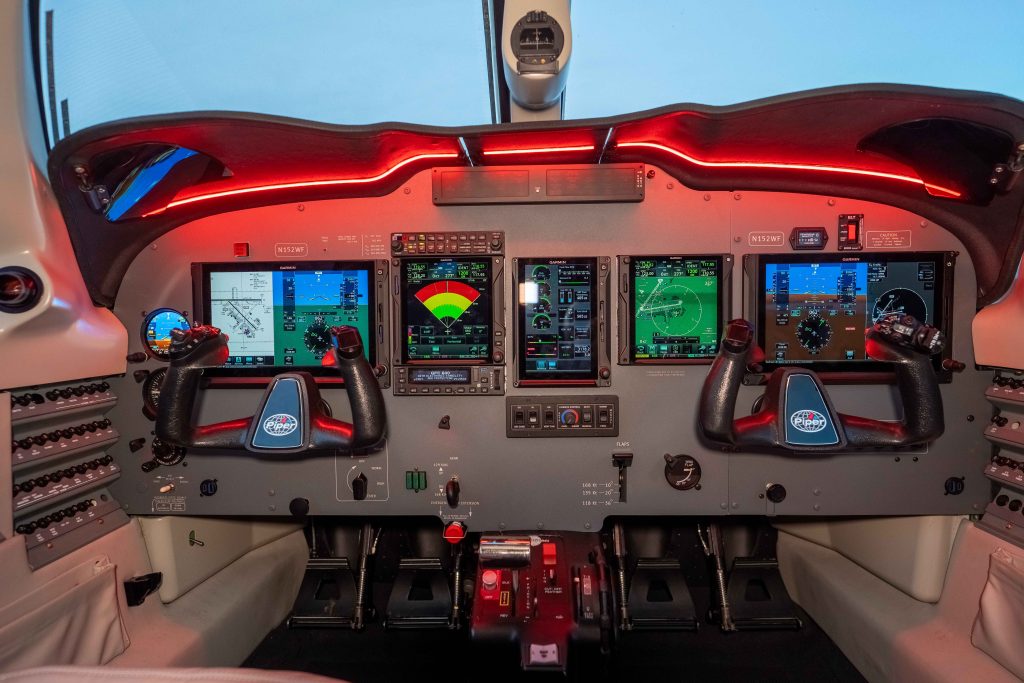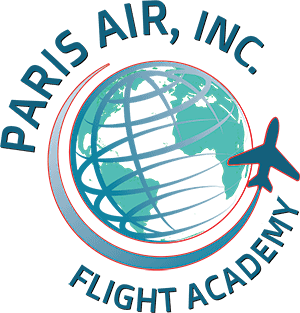In the vast expanse of the sky, where the dreams of flight take shape, technology acts as the wind beneath our wings, propelling us forward into new frontiers. Over the past two decades, the landscape of aviation technology has transformed dramatically, reshaping the way we fly, navigate, and experience the world from above. From updated panel instrumentation to the ever-evolving Garmin dealership network, the journey of aviation technology is one of constant innovation and adaptation.

Becoming a Garmin Dealer:
At the heart of modern cockpit technology lies Garmin, a pioneer in avionics solutions. For those aspiring to be at the forefront of aviation technology, becoming a Garmin dealer is a significant step. It entails not only a deep understanding of Garmin’s product line but also a commitment to excellence in customer service and technical expertise. Garmin dealers are trusted partners in providing pilots with the latest advancements in navigation, communication, and safety systems. To become a Garmin dealer, one must undergo specialized training and certification, ensuring that they are equipped to support the diverse needs of the aviation community.
At Paris Air Flight Academy we have done our due diligence to gain the necessary knowledge and industry footing. Our students are provided with the best aviation technology while studying with us. We are proud to be a Garmin Dealer!
Updated Panel Instrumentation:
While some pilots still prefer the analog gauges and dials of older technology, the tides are changing. The cockpit of yesteryears, with its analog gauges and dials, has given way to sleek, digital displays that offer unparalleled clarity and functionality. Updated panel instrumentation, often featuring glass cockpits and advanced avionics suites, has revolutionized the way pilots interact with their aircraft. These modern panels integrate navigation, communication, and flight management systems into a seamless interface, enhancing situational awareness and streamlining cockpit operations.
Difference Between Updated Panels and Original Panel Instrumentation:
The difference between updated panels and original panel instrumentation is akin to comparing a vintage car to a modern sports car. While both serve the same fundamental purpose, the capabilities and user experience of updated panels far surpass those of their predecessors. Original panel instrumentation may rely on mechanical instruments and limited functionality. Updated panels leverage cutting-edge technology to provide real-time data, enhanced safety features, and customizable displays. This can dramatically benefit the pilot’s experience both with safety and function. At Paris Air, we partner with the most respected avionics experts to provide our fleet with the best technology available.
Evolution of Aviation Technology:
Reflecting on the past two decades, the evolution of aviation technology has been nothing short of remarkable. From the widespread adoption of GPS navigation to the advent of ADS-B (Automatic Dependent Surveillance-Broadcast) technology, each innovation has reshaped the aviation landscape, enhancing safety, efficiency, and convenience for pilots and passengers alike. Looking ahead, the next frontier of aviation technology promises even greater advancements. Developments such as autonomous flight systems, electric propulsion, and enhanced connectivity are poised to redefine the way we experience air travel.
Aviation Technology Tips for Flight Students:
How to Maximize Your Understanding & Experience with Avionics
- Continuous Learning: Stay curious and proactive in seeking out opportunities to expand your knowledge of aviation technology. Take advantage of training courses, seminars, and online resources to stay abreast of the latest developments.
- Hands-On Experience: Whenever possible, immerse yourself in hands-on experiences with updated panel instrumentation and advanced avionics. Familiarize yourself with the nuances of glass cockpit displays and practice utilizing their features during flight training.
- Network with Industry Professionals: Build relationships with experienced pilots, instructors, and aviation professionals! These individuals can offer insights and guidance on navigating the world of aviation technology. Join industry associations and attend networking events to connect with like-minded individuals.
- Embrace Simulation: Utilize flight simulators to familiarize yourself with different aircraft models and cockpit configurations. Simulated environments provide a safe and cost-effective way to practice utilizing advanced avionics and hone your decision-making skills. At Paris Air, we have a state-of-the-art Red Bird Flight Simulator for our students to train on with their instructors.
- Remain Flexible: As technology continues to evolve, be prepared to adapt to new tools and procedures. Embrace change as an opportunity for growth and challenge yourself to continually improve your proficiency with emerging technologies.
The advancement of aviation technology has ushered in a new era of possibilities for pilots and enthusiasts alike. From Garmin dealerships to updated panel instrumentation, the journey of flight is propelled forward by innovation and ingenuity. By embracing lifelong learning and remaining adaptable in the face of change, aspiring pilots can navigate the skies with confidence and proficiency in the ever-changing landscape of aviation technology.
Want to learn more about aviation technology? Our flight academy prepares students with the knowledge they need to not only become a pilot, but thrive in the aviation community. Contact us today for more information or apply today to join the community.

